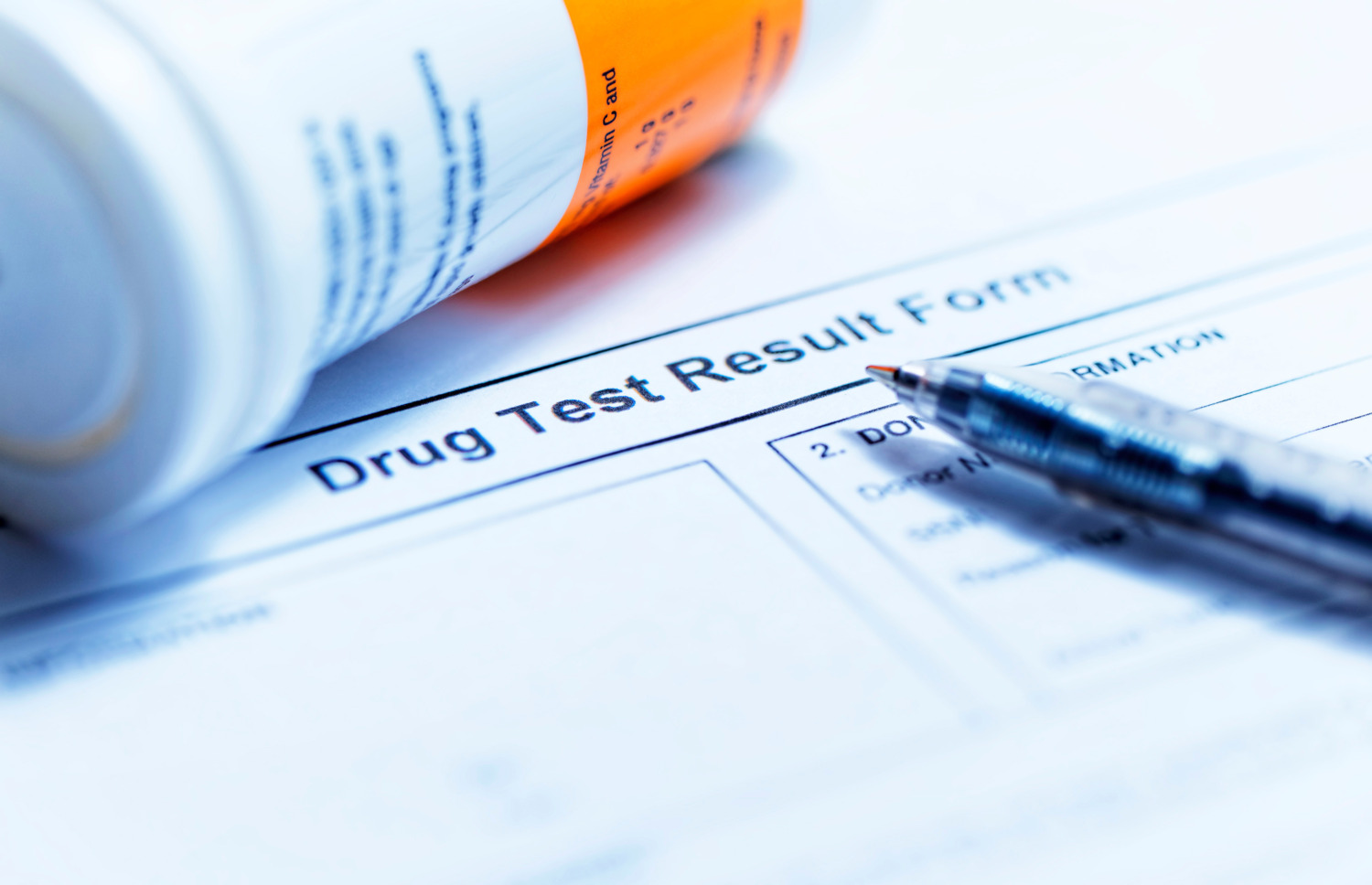In safety-sensitive industries regulated by the Department of Transportation (DOT), maintaining a drug- and alcohol-free workplace is critical for public safety. When an employee in a safety-sensitive role violates the DOT’s strict drug and/or alcohol testing regulations, the consequences are immediate, including suspension from their position. However, this doesn’t have to mark the end of their career. The path to recovery and a return to duty begins with a Substance Abuse Professional (SAP).
SAPs are invaluable not just for ensuring regulatory compliance, but also for guiding individuals through the recovery process. They act as a bridge between employees, employers, and regulatory agencies, helping people reclaim their careers while addressing underlying substance use issues.
The Role of SAP Providers for DOT Mandated Employees
A Substance Abuse Professional (SAP) is tasked with evaluating employees who have violated the DOT’s drug and alcohol testing policies. These highly trained professionals ensure that individuals can safely return to safety-sensitive duties after a violation.
But their role goes beyond regulatory compliance. SAP providers are central to an employee’s journey of recovery and rehabilitation. They help address substance abuse issues, create personalized treatment plans, and foster long-term behavioral change. Here’s how they do it:
1. Comprehensive Evaluation: Understanding the Individual’s Needs
The recovery journey begins with an initial evaluation. SAP providers conduct thorough assessments to understand the employee’s substance use history, the nature of the violation, and the type of safety sensitive work they perform. This step is critical in identifying whether an employee is struggling with a deeper substance use disorder or if the violation was a one-time lapse.
By digging deep into an employee’s personal circumstances, SAP providers can create a more tailored and effective treatment plan. This holistic approach ensures that the recommendations are not only compliant with DOT regulations but are also geared toward long-term success.
2. Personalized Treatment Plans: Supporting Recovery
After the initial evaluation, the SAP recommends a course of action. Recommendations range from brief education programs to more intensive substance use treatment, depending on the employee’s situation. The goal is not simply to satisfy the requirements for returning to duty but to help the individual develop healthier coping strategies and prevent future violations.
By focusing on personalized care, SAPs create a roadmap for recovery that addresses both the immediate and long-term needs of the employee. They also work closely with treatment programs, counselors, and healthcare providers to ensure the employee gets the right kind of support.
3. Ongoing Monitoring: Accountability in Recovery
SAPs play an ongoing role in the recovery journey, ensuring that employees remain accountable throughout their treatment or education. During the return-to-duty process, SAP providers monitor the employee’s progress to ensure they are following through with the recommendations. This accountability helps prevent relapse and ensures the employee is committed to their recovery.
Once the initial treatment is complete, the SAP conducts a follow-up evaluation. This is a critical step in determining whether the individual is ready to return to their safety-sensitive role. The SAP assesses whether the employee has successfully complied with the treatment plan and whether they are fit to resume their duties.
A SAPs Vital Contribution to the Recovery Journey
SAP providers don’t just ensure compliance with DOT regulations—they are integral to helping individuals recover from substance use issues and return to meaningful employment. Their unique position allows them to advocate for both the safety of the public and the well-being of employees.
Here’s why SAP providers are such a crucial part of the recovery journey:
- Expert Guidance: With specialized knowledge of substance use disorders and DOT regulations, DOT qualified SAP providers offer informed and balanced recommendations that benefit both the employee and employer.
- Neutrality: SAPs are objective professionals. Their role is not to advocate for the employee or the employer but to ensure that the right steps are taken for both safety and recovery.
- Accountability: SAPs hold employees accountable throughout the return-to-duty process, ensuring that they comply with treatment plans and remain committed to their recovery.
- Long-Term Support: By designing follow-up testing plans, SAP providers ensure that employees remain on track after their return to work, offering long-term oversight and reducing the risk of relapse.
SAP Referral Services Can Help
At SAP Referral Services, we specialize in connecting DOT mandated employees and their employers with DOT qualified SAPs across the country. We streamline the often complex process by offering referrals tailored to your location and industry. Whether you’re an employee in need of an evaluation or an employer seeking to assist your workforce, SAP Referral Services is your reliable partner, providing easy access to the resources necessary for compliance and recovery. Contact us for more information about our services.
